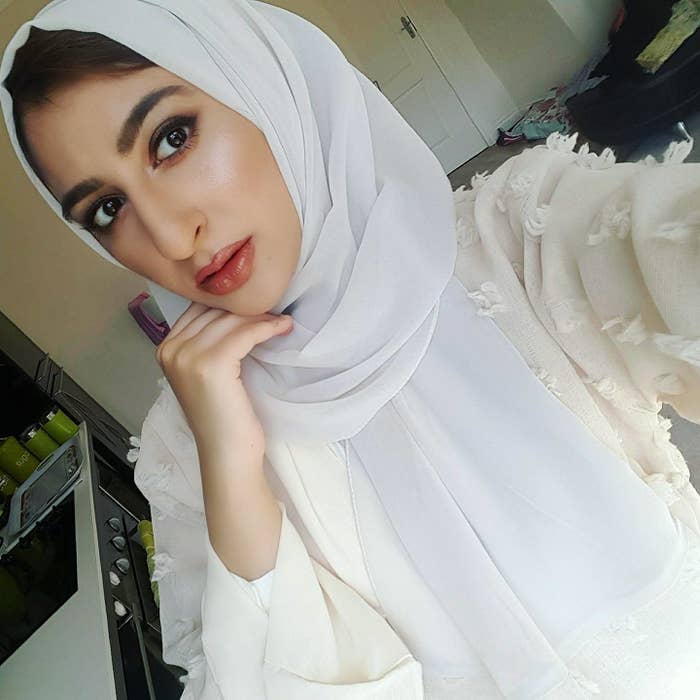Meet Nissa Hussain, a 27-year-old blogger and a psychologist by profession. Hussain is also a henna artist.

Black henna can lead to allergic reactions. It's also illegal.

“I was always quite into art so it was just another way of having my artistic side carry on after school. I always had a steady hand and would always do friends and family, so that got me interested in doing henna," Hussain said. "Doing your henna the night before Eid was always a thing in my family."
Hussain said: “Jagua is a fruit that grows in South America and it was actually used for cultural body art for many centuries before anyone had access to it in the mainstream. But because it's a very cultural thing, it was protected by the tribes in South America.
“Only in 2006 did they allow it to be accessed by the mainstream and started selling it."
Hussain said she deals directly with a small business based in South America who produces the gel itself.
Hussain said that over the years, more and more chemicals have been added to natural henna, making it harmful to use. This is what made her want to look for a safe alternative.
In the UK, the use of black henna is illegal as it contains a chemical called PPD, which can lead to chemical scarring or blistering. In extreme cases, a reaction can be fatal.
While jagua is safer than black henna, Hussain said people with nut allergies will still need to do a patch test beforehand.
"When you wash it off there’s nothing there and then eventually you see the development happening because it oxidises with the air and that’s when you see the stain coming through.
"Then it starts developing to a blue-ish black colour over 48 hours and sometimes on some skin it goes to an almost black, so it’s quite like black henna and it lasts longer, it lasts 10 to 15 days."